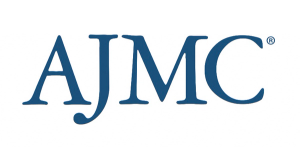
High-Risk Care Management Impact on Medicaid ACO Utilization and Spending
In Massachusetts’ largest Medicaid accountable care organization (ACO), high-risk care management significantly reduced spending, emergency department visits, and hospitalizations, demonstrating that targeted strategies can manage health care costs amid budget constraints.





